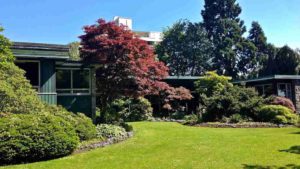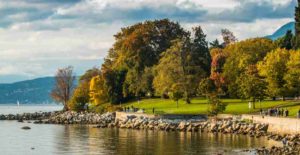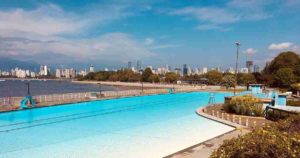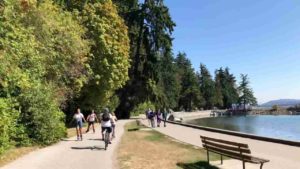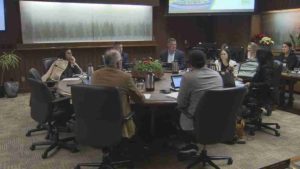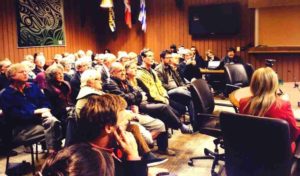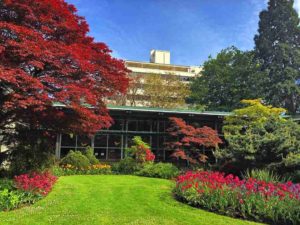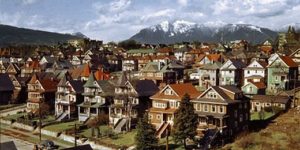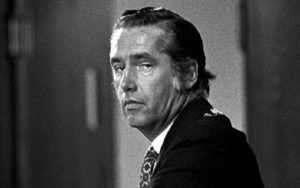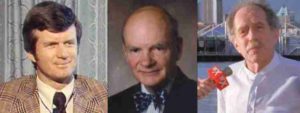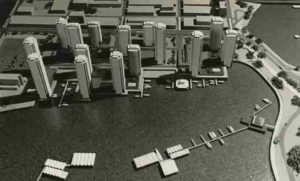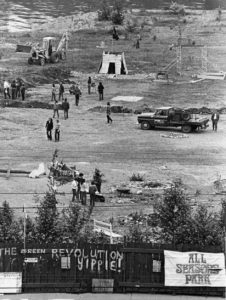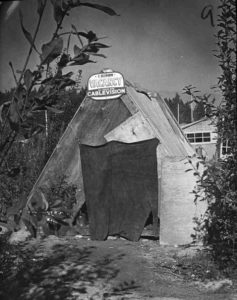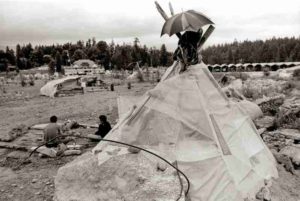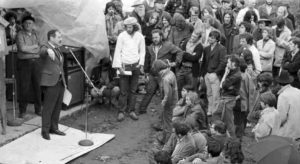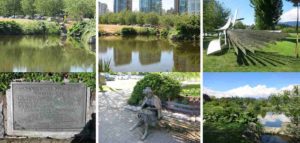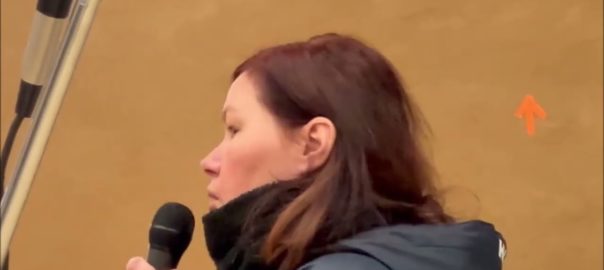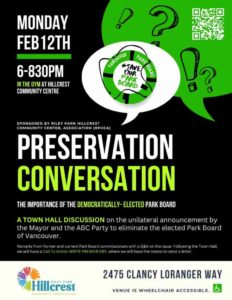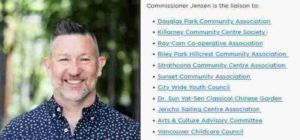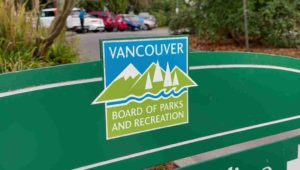
The Association Presidents Group (APG) representing 17 community centre associations across the City of Vancouver, released a statement yesterday evening strongly urging Premier David Eby to “reconsider his commitment to proceeding with the elimination of the Vancouver Park Board” following his decision this week.
The B.C. NDP government said it was committed to “advancing the dissolution of the Vancouver Park Board” in the next legislative session following the Vancouver Mayor’s plan to remove the Board last December, saying it was inefficient and costly. The plan has also gained the support of the Musqueam, Squamish and Tsleil-Waututh First Nations.
However, the APG says Vancouver Mayor Ken Sim’s decision is “undemocratic.”
“We do not believe 8 City Councillors can decide to abolish the Park Board elected by thousands of Vancouver citizens in October 2022,” it said, in the press release, which may be found below.
“We believe the Park Board can only be removed after a civic election in October 2026, and only if Vancouver citizens have made that choice. Neither the City nor the Province have a mandate to remove the Park Board.”
The Association Presidents Group (APG) says ABC Vancouver Mayor Ken Sim’s motion to eliminate the Vancouver Park Board was announced and passed in a week without any engagement with the APG organization and other key stakeholders.
“There was no transition plan to demonstrate the alleged benefits of such a decision. The reasons announced have been questioned by many stakeholders including dozens of former Park Board Commissioners and Community Centre Associations,” said representatives with the Association Presidents Group.
Vancouver’s independent and elected Board of Parks and Recreation has served Vancouver for over 135 years. Vancouver is the only city in Canada with an elected Park Board and is the only city in North America other than Minneapolis to place its focus on growing a vibrant parks and recreation system as a constituent element to the citizens served by the municipal governments in both cities — up until the untoward December 13, 2023 decision by Vancouver Mayor Ken Sim and his super majority team of ABC Vancouver City Councillors.
Preservation of the Vancouver Park Board to Become an Election Issue
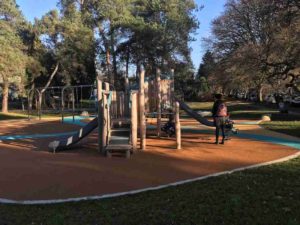
Make no mistake, representatives from all across the city and from all 17 of the community centre associations — as well as those persons in our community in support of the 32 past Vancouver Park Board Commissioners who are opposed to the undemocratic elimination of the Vancouver Park Board — will be front and centre at each of the all candidate meetings, in each of the 12 Vancouver electoral districts, in the days and weeks following the dropping of the writ this upcoming mid-September, and the 35 intense days before the October 19th provincial election, to demand the candidates for election on the stage, whatever their political party, commit to the preservation of an independent, elected Vancouver Park Board.
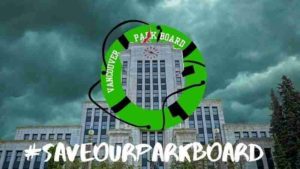
Press Release Issued March 10, 2024 by the Association Presidents Group
The Association Presidents Group (APG), representing 17 Community Centre Associations across the City of Vancouver, is urging Premier David Eby to reconsider his commitment to proceeding with the elimination of the Vancouver Park Board in the next legislative session.
The APG believes Vancouver Mayor Ken Sim’s attempt to abolish the elected Vancouver Park Board is undemocratic.
We do not believe 8 City Councillors can decide to abolish the Park Board elected by thousands of Vancouver citizens in October 2022. We believe the Park Board can only be removed after a civic election in October 2026, and only if Vancouver citizens have made that choice.
Neither the City nor the Province have a mandate to remove the Park Board.
Mayor Sim’s motion was announced and then passed within one week without any engagement with the Community Centre Associations and other key stakeholders. There was no transition plan to demonstrate the alleged benefits of such a decision. The reasons announced have been questioned by many stakeholders, including dozens of former Park Board Commissioners and Community Centre Associations.
The elected Park Board has served Vancouver well for over 130 years.
Voters created an elected Park Board because they wanted parks and recreation to be a high-profile priority in Vancouver. Commissioners run for office because they are passionate about protecting and expanding our parks and recreation programmes. It is their priority concern and responsibility.
The Mayor’s proposal would have Commissioners replaced by City Councillors who have a multitude of responsibilities resulting in a less responsive and effective working relationship for community stakeholders. City parks and recreation will not be the first priority for City Councillors.

The APG rejects the Mayor’s claim that the Park Board is broken.
We believe it has been critically underfunded by City Council for several decades.
Many of the examples cited by the Mayor for the elimination of the Park Board are in fact already the City of Vancouver’s responsibility. They own and maintain the buildings and infrastructure in the Park Board system.
For example, Park Board frequently recommends renewal and expansion of Community Centres for additional space to accommodate children’s programmes but it is City Councillors who decide on the funding. Parents complain that programme spaces for their children are inadequate. Those concerns should be directed to City Hall.
The APG will continue to urge MLAs to not proceed with the Charter amendments to remove the elected Park Board.
A decision to eliminate the elected Park Board must be determined democratically in the next municipal election if it remains part of the ABC platform. Let the voters of Vancouver make such an important decision.
Sign the APG Petition asking the Premier not to eliminate Park Board.
For more information please contact either of the following APG members:
(copy and paste either or both of the following e-mail addresses into your e-mail programme)
Jerry Fast <jerryfast@shaw.ca>
Kathleen Bigsby <kmbigsby@gmail.com>
